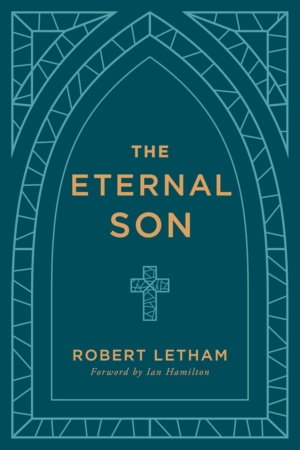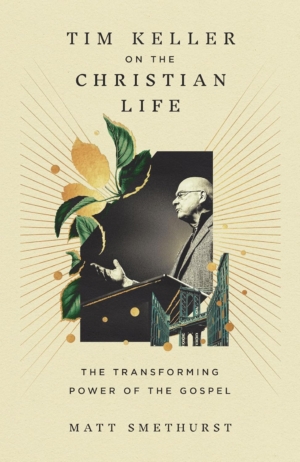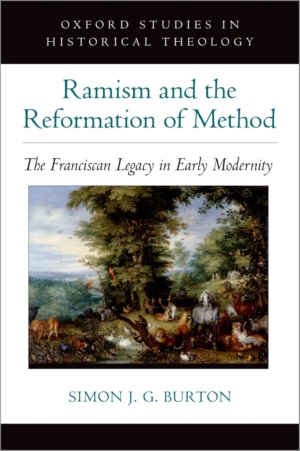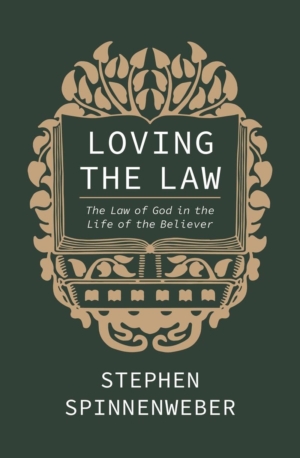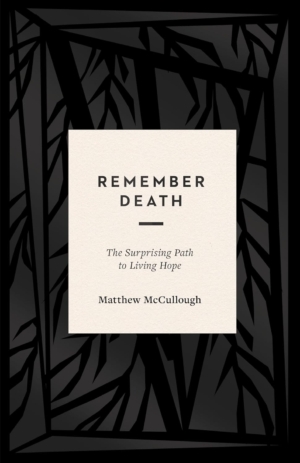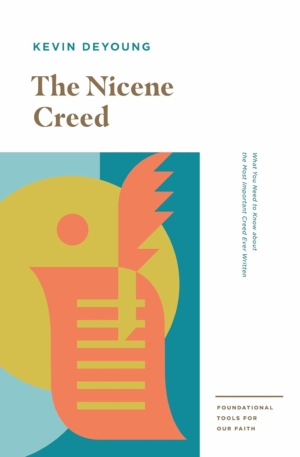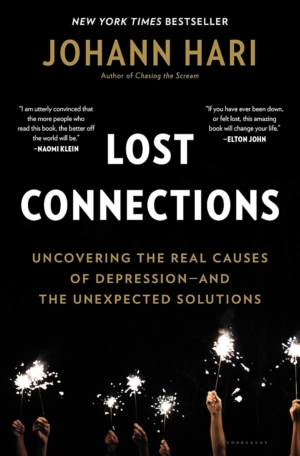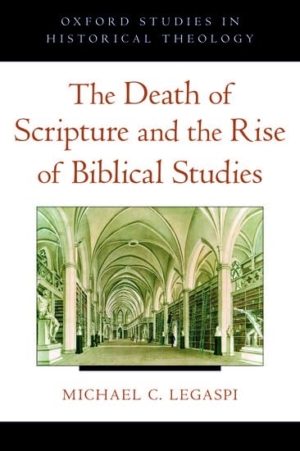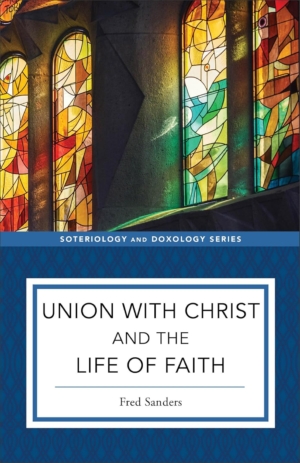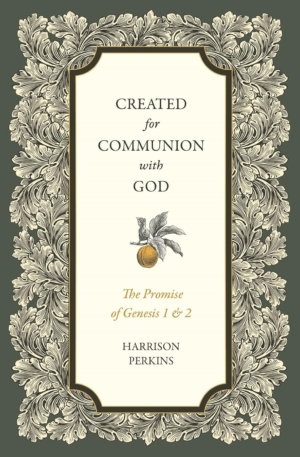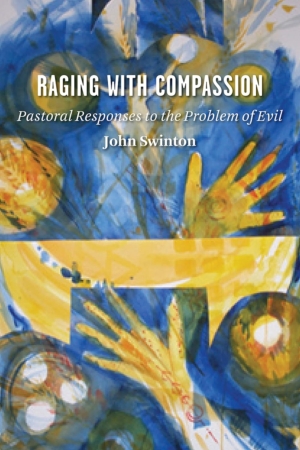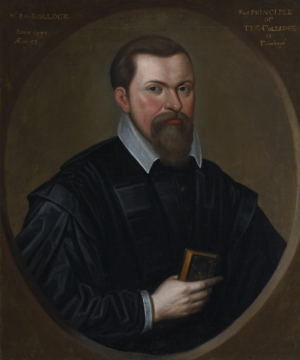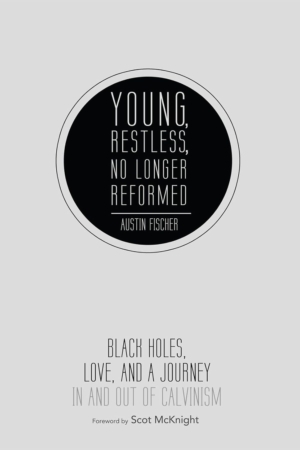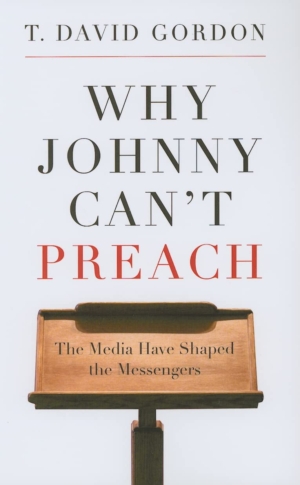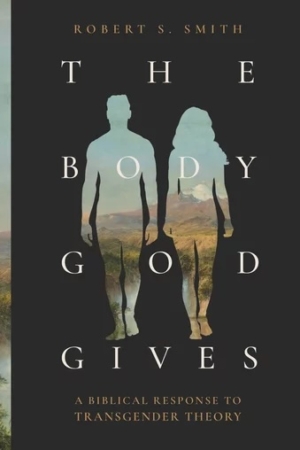Jesus Christ is the center of Christianity. Our faith is named after him. One of the crucial questions then must be: Who is Jesus Christ? In his new volume, The Eternal Son, Robert Letham tackles this question about Christ’s identity. This book . . . Continue reading →
Reviews
Review: Tim Keller on the Christian Life: The Transforming Power of the Gospel By Matt Smethurst
Crossway’s series about famous theologians on the Christian life has covered centuries of church history to help us see how some of the church’s brightest lights have offered insight about how to live faithfully and be well-equipped before the Lord. In this . . . Continue reading →
Review: Ramism And The Reformation Of Method: The Franciscan Legacy In Early Modernity By Simon J. G. Burton
Philosophy and the way that we frame issues has always played an important role in expressing the truth. We have an “apparatus” to our thought. We use certain conventions to be able to articulate what we mean even in theology. Whether we . . . Continue reading →
Review: Loving The Law: The Law Of God In The Life Of The Believer By Stephen Spinnenweber
“The law is good and just and right” (Rom 7:12). So says the apostle Paul, but many Christians today do not believe that statement. The question such Christians ask may sound like, “Well, what use is the law for us if Christ . . . Continue reading →
Review: Remember Death: The Surprising Path To Living Hope By Matthew McCullough
We are all going to die! It is not just a line from some movie script. It is a basic truth: No person will escape death. Unless Christ returns first, you will die, I will die, and everyone else will die as . . . Continue reading →
Review: The Nicene Creed: Why You Need To Know About The Most Important Creed Ever Written By Kevin DeYoung
This year, 2025, marks the 1700th anniversary of the Nicene Creed, which is the whole Christian church’s most foundational statement about the Trinity. Protestants (of the sound varieties), Roman Catholics, and the Eastern Orthodox all share agreement that the doctrines coming from . . . Continue reading →
Review: Lost Connections: Why You’re Depressed And How To Find Hope By Johann Hari
It is not that simple. You cannot just throw a pill at it and expect it to go away. Pills can help, but depression is not that straightforward. It is a complex mental challenge that has various layers: biological, social, physical, psychological, . . . Continue reading →
Review: The Death Of Scripture And The Rise Of Biblical Studies By Michael C. Legaspi
Is the church’s Bible also the academy’s Bible? Although we might even ask what this question means, Michael Legaspi argues that the Bible as Scripture is different than the Bible of the academy. In this respect, he indicates a gap between uses . . . Continue reading →
Review: The Search For Christian America By Mark A. Noll, Nathan O. Hatch, And George M. Marsden
Christians often mimic the tactics of non-Christians in the social and political realms. For example, the “cancel culture” found in legacy media and social media is also found in evangelical media and Christian social media. American politicians and pundits use scare tactics, . . . Continue reading →
Review: Union With Christ And The Life of Faith By Fred Sanders
We all feel the need to know where we are and where we are going at any given time. That is not just true geographically, either. We also need guides for big subjects and doctrines, especially the ones that have been considered . . . Continue reading →
Review: Created For Communion With God: The Promise Of Genesis 1–2 By Harrison Perkins
As a Presbyterian minister, I have attended many Presbytery meetings where candidates for licensure or ordination are asked various questions touching on the Bible, theology, church government, and their commitment to the church’s confessional teaching. Inevitably, one question that is almost always . . . Continue reading →
Review: Raging With Compassion: Pastoral Responses To The Problem Of Evil By John Swinton
One of the oldest and most repeated religious questions goes like this: “Why does God allow evil to happen?” Or it may sound like this: “Why is there evil in the world?” These types of questions fall under the subject of theodicy. . . . Continue reading →
New Translation In Print: Rollock On Romans
Robert Rollock (1555–98) did not live very long but he was a hard-working Scotsman who left his mark on Reformed theology and especially in biblical commentary and the development of Reformed covenant theology. In his introduction to Rollock’s commentary on Ephesians, Casey . . . Continue reading →
Book Review: Young, Restless, And No Longer Reformed By Austin Fischer
Young, Restless, and No Longer Reformed is about Austin Fischer. No matter what the author’s intent was, it is hardly a book about theology and is very much a work arising from Fischer’s feeling that he has far more to say and . . . Continue reading →
A Review Of The New Anglican Catechism And What It Says About The State Of Anglicanism
As I emerged out of Southern Baptist evangelicalism in 1980–81 John Stott and J. I. Packer were two of the most influential writers in my journey out of Baptist evangelicalism. Hitherto my theological staples had been things on the order of Navigators Bible study materials and Rosalind Rinker’s book on hearing voices from God. I am not entirely sure how I found Stott’s Basic Christianity and Packer’s Evangelism and the Sovereignty of God. Back then we had a Christian bookstore downtown, where I mostly bought contemporary Christian records (e.g., Larry Norman and Barry McGuire). Perhaps the manager directed me to them? Those books were a Godsend. They were thoughtful, intelligent, gracious and thoroughly evangelical in the best sense of the word. They were gospel books. They pointed me away from myself and my experience and toward Christ. In the summer of 1981 Packer’s Knowing God was a major influence in my embrace of Reformed theology, piety, and practice. Continue reading →
Review: Why Johnny Can’t Preach: The Media Have Shaped the Messengers By T. David Gordon (Part 2)
Up to chapter four, Gordon has focused on the form of preaching. But at this point he turns to questions of content. He says, “In addition to the cultural matters that have concerned me throughout, I also believe that preaching today fails . . . Continue reading →
Review: Why Johnny Can’t Preach: The Media Have Shaped the Messengers By T. David Gordon (Part 1)
I am a fan of T. David Gordon. He writes well. He speaks plainly. He does not mince words. With some writers, it is quite possible for five people to read them and come away with five different conclusions about what the . . . Continue reading →
Review: The Body God Gives: A Biblical Response to Transgender Theory By Robert S. Smith
Recently, I have been removing a large stump from my back yard. The task has required more than one tool at different phases of the process. At times, I need a chainsaw to get deep cuts on certain sections. Other times, I . . . Continue reading →
Review: The God Who Judges and Saves: A Theology of 2 Peter and Jude By Matthew S. Harmon
Books on New Testament theology are often stale and lack depth of real theological analysis. I have regularly felt that when biblical studies attempt to do theology, the fruit is either obvious or seriously off track. Against this backdrop, Matthew Harmon’s exploration . . . Continue reading →
Review: Ancient Wisdom for the Care of Souls: Learning the Art of Ministry from the Christian Fathers By Coleman M. Ford and Shawn J. Wilhite
The church has had pastors since our very beginning. Although that observation may seem obvious, we may yet overlook the important point that the pastoral craft is very ancient. We likely often envision the pastoral role only in terms of our modern . . . Continue reading →
